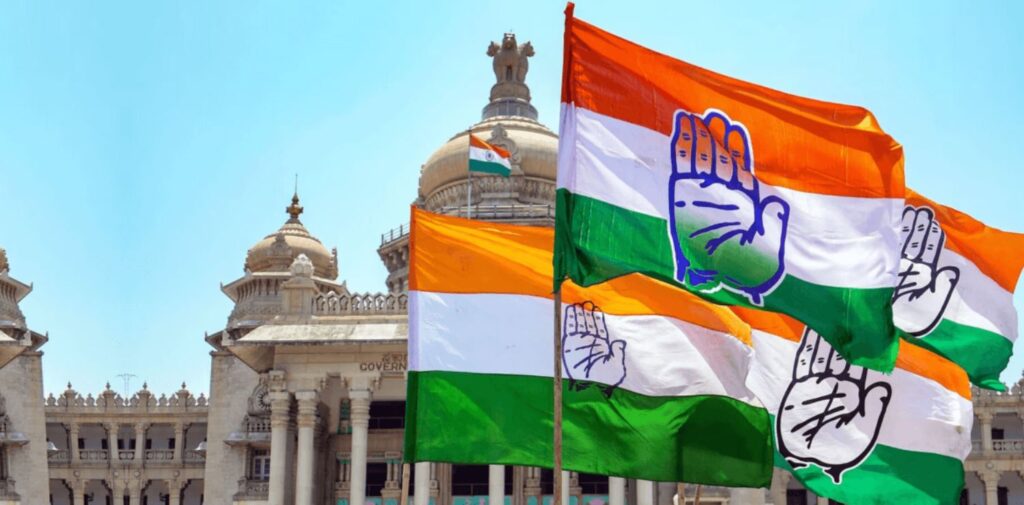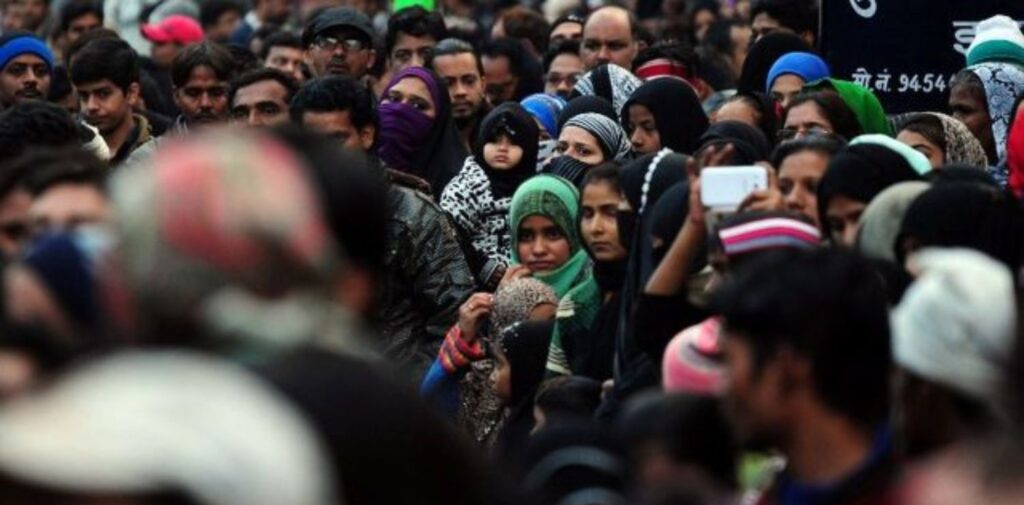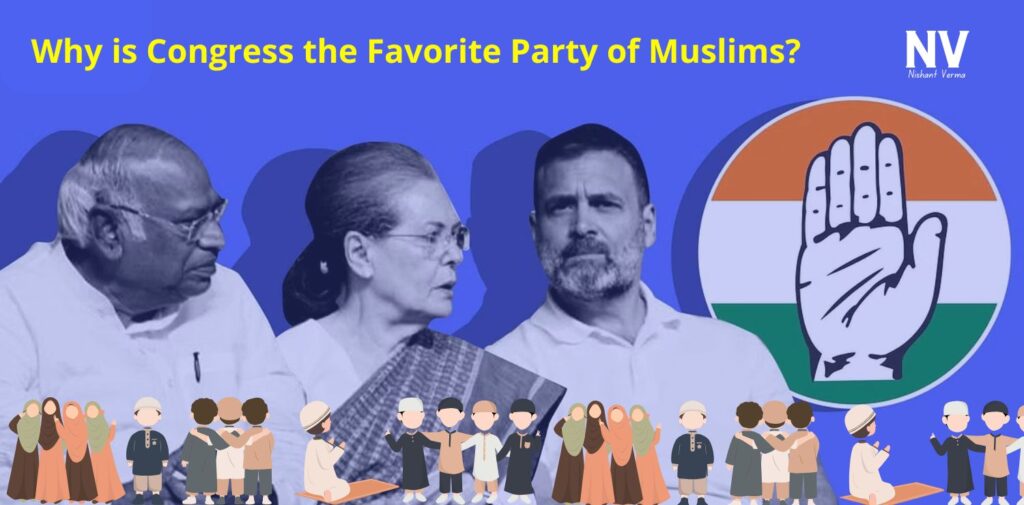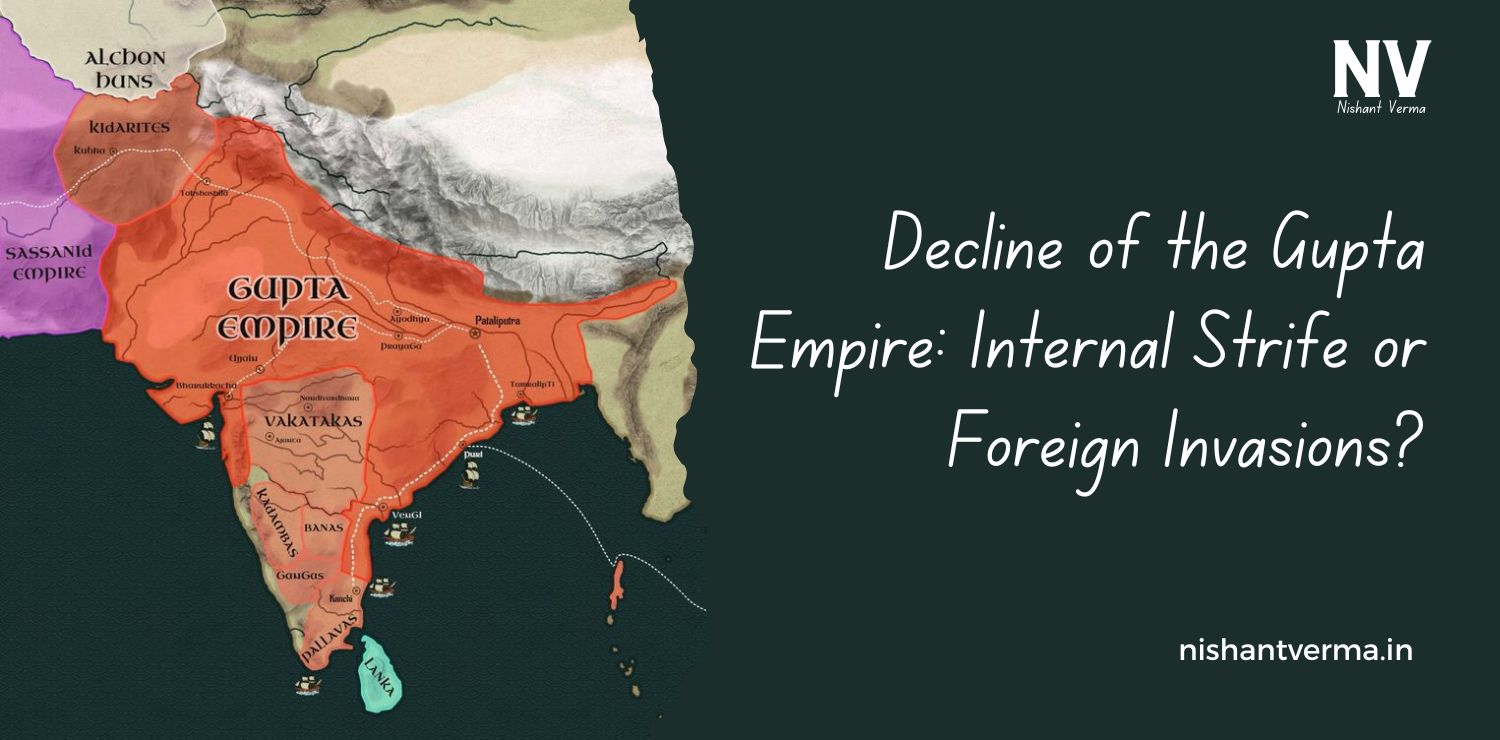The Congress party, often regarded as the champion of secularism and democracy in India, has long held significant support from the Muslim community. However, this relationship has sparked debate, with some questioning whether the party’s policies and leadership have been tilted too much in favor of Muslims. This article explores the reasons why Congress has historically been favored by Muslims, the role of the Gandhi-Nehru family, and the implications of the party’s policies on Indian society.
A Glance at the Foundation of the Congress Party
The Congress party, originally known as the Indian National Congress (INC), was founded in 1885 with the goal of seeking better representation for Indians under British rule. Over the years, it evolved into the principal political party leading the Indian independence movement, with leaders like Mahatma Gandhi and Jawaharlal Nehru emerging as its key figures. Although the party’s official stance has been one of inclusivity, there are arguments that, particularly after independence, it has pandered to minority communities, especially Muslims.

The Role of the Nehru-Gandhi Family
The Congress party’s association with Muslims is often linked to the role of the Nehru-Gandhi family. Jawaharlal Nehru, India’s first Prime Minister, was instrumental in shaping post-independence India. Critics argue that Nehru’s policies, including his approach to secularism, were heavily biased toward Muslim interests. This sentiment continues to this day, with many pointing out that the Congress leadership has shown favoritism towards the Muslim community.
There are theories that the Nehru-Gandhi family itself might have Islamic roots, although these claims are largely speculative. The argument goes that while the family outwardly professed loyalty to Hinduism and the Indian state, they had a secret agenda to benefit the Muslim community at the expense of the majority Hindu population. While such claims lack substantial evidence, they have fueled the perception that Congress has always been more interested in appeasing Muslims.
Congress and Muslim Personal Law
One of the most significant examples of Congress’ favoritism toward Muslims is its stance on personal laws. While Hindu personal laws were reformed to reflect modern values and gender equality, Muslim personal law has largely remained unchanged. The Congress party, during its rule, maintained a hands-off approach toward Muslim personal law, leading to accusations that it was unwilling to challenge Islamic orthodoxy for fear of losing Muslim support.
The Shah Bano case in 1985 is a glaring example of this. When the Supreme Court ruled in favor of granting alimony to Shah Bano, a Muslim woman divorced by her husband, it was seen as a progressive step for women’s rights in India. However, Congress, under Rajiv Gandhi’s leadership, passed the Muslim Women (Protection of Rights on Divorce) Act, effectively nullifying the court’s decision. This move was widely criticized as a capitulation to conservative Muslim leaders at the expense of gender justice.
The Waqf Board and Its Influence
Another area where Congress is seen as favoring Muslims is the creation and management of Waqf boards. The Waqf board is a legal entity that manages the property and financial assets donated for religious or charitable purposes in Islam. The Congress government ensured that these boards had considerable influence and autonomy in their management, even though their governance has been riddled with corruption and mismanagement.

The sheer size of the Waqf properties in India, some of which are highly valuable, has given the Muslim community a distinct advantage. Critics argue that Congress allowed the Waqf board to become an institution where Muslim elites benefit from vast resources while bypassing accountability. The government has often been accused of turning a blind eye to the irregularities within Waqf boards.
Appeasement or Secularism?
The Congress party’s policies toward Muslims have frequently been described as “appeasement politics.” Congress has positioned itself as the protector of minority rights, a stance that has undoubtedly earned it the loyalty of Muslim voters. From offering reservations in educational institutions to resisting reforms in Muslim personal law, Congress has often been seen as putting the interests of Muslims ahead of other communities.
This “appeasement” is viewed by many as a way for Congress to secure votes from the Muslim community, which, though a minority, holds significant sway in elections, especially in states like Uttar Pradesh, West Bengal, and Kerala. By portraying itself as the guardian of Muslim rights, Congress has been able to maintain a steady base of support within this community.
However, this strategy has alienated many Hindus, who feel that Congress has sacrificed their interests in favor of securing Muslim votes. It has led to a perception that the party is biased against the majority population, especially when compared to other political groups that emphasize Hindu interests.
How Congress Encourages Illegal Activities?
One of the most serious allegations against Congress is that it has indirectly encouraged illegal activities among certain sections of the Muslim community. By refusing to take a strong stance on issues like illegal immigration, especially from neighboring Bangladesh, Congress has been accused of turning a blind eye to crimes such as smuggling, terrorism, and infiltration, which are associated with these populations.
Several terrorist attacks, communal riots, and other violent incidents in India have been linked to radical elements within the Muslim community. Critics argue that Congress, in its pursuit of the Muslim vote bank, has failed to take decisive action against these groups. By promoting policies that protect illegal immigrants and encouraging a soft approach towards radical Islam, Congress has indirectly fostered an environment where certain individuals within the community feel emboldened to engage in illegal activities without fear of consequence.
The Minority Benefits and the Majority’s Grievances
Despite being a minority, the Muslim community in India enjoys certain privileges that have led to grievances among the Hindu majority. The existence of separate personal laws, exclusive benefits in terms of educational scholarships, and access to funds from Waqf boards have all contributed to the perception that Muslims are receiving preferential treatment.
This has bred resentment among sections of the Hindu population who feel that they are being neglected. The rise of Hindu nationalist movements in recent years can be traced, in part, to this sentiment of injustice and inequality. Many Hindus feel that Congress has been complicit in sidelining their concerns in favor of maintaining Muslim support.

Congress and Its Support for Muslim Rights: A Double-Edged Sword
Congress’ consistent efforts to position itself as the defender of minority rights have indeed secured it significant backing from the Muslim community. However, these same policies have resulted in alienating a large section of the Hindu population. This delicate balancing act between promoting secularism and appeasing Muslims has been a double-edged sword for the party.
As India becomes increasingly polarized along religious lines, the Congress party faces an existential crisis. While its support from Muslims remains strong, it struggles to win back the confidence of the Hindu majority, many of whom see the party as being out of touch with their concerns.
Conclusion: Favorite Party of Muslims
Congress’ favoritism towards Muslims, whether intentional or not, has played a pivotal role in shaping its political destiny. From the Nehru-Gandhi family’s leadership to policies like maintaining Muslim personal law and creating powerful Waqf boards, Congress has undeniably been the favorite of many Muslims in India. However, this loyalty has come at the cost of alienating large sections of the Hindu majority, who feel that the party has not been equally concerned about their welfare.
As India moves forward, the Congress party will need to reassess its strategies and policies to create a more inclusive political platform that serves the interests of all citizens, regardless of their religion. Whether it succeeds in this endeavor remains to be seen.




